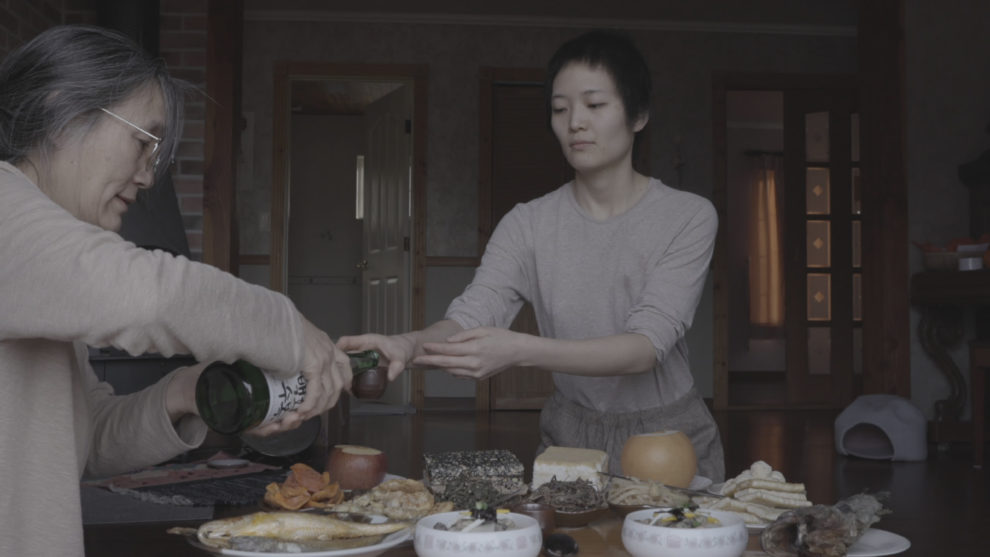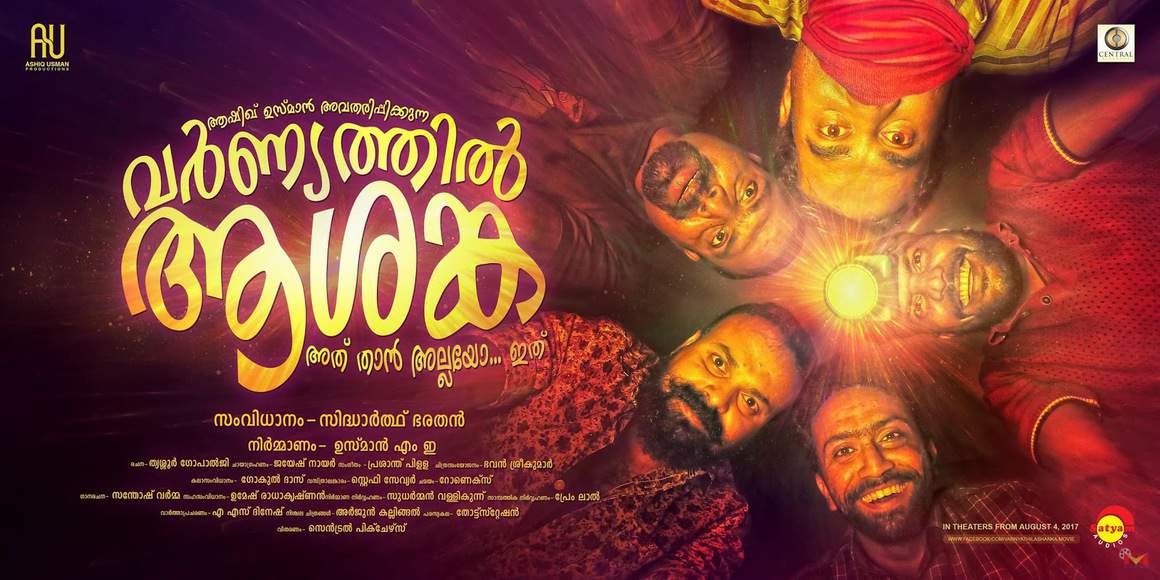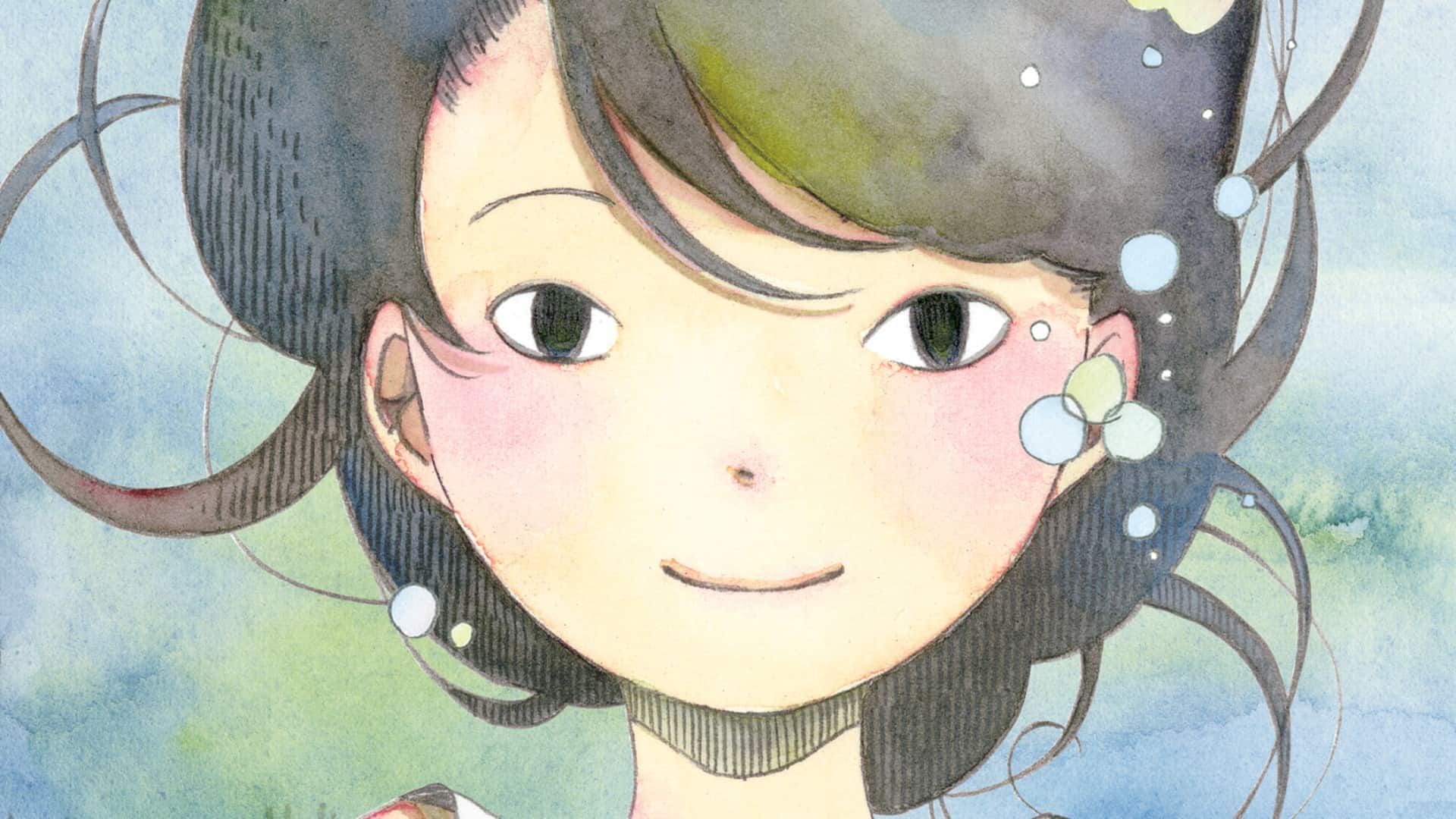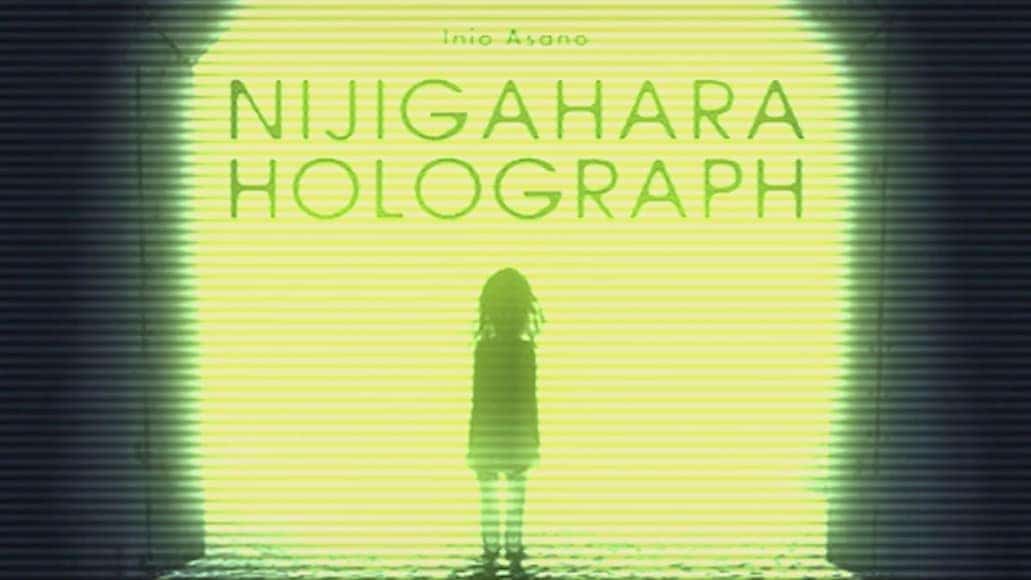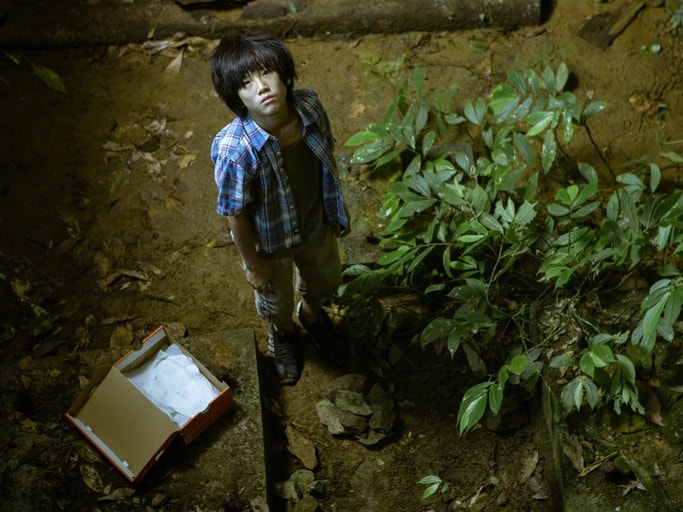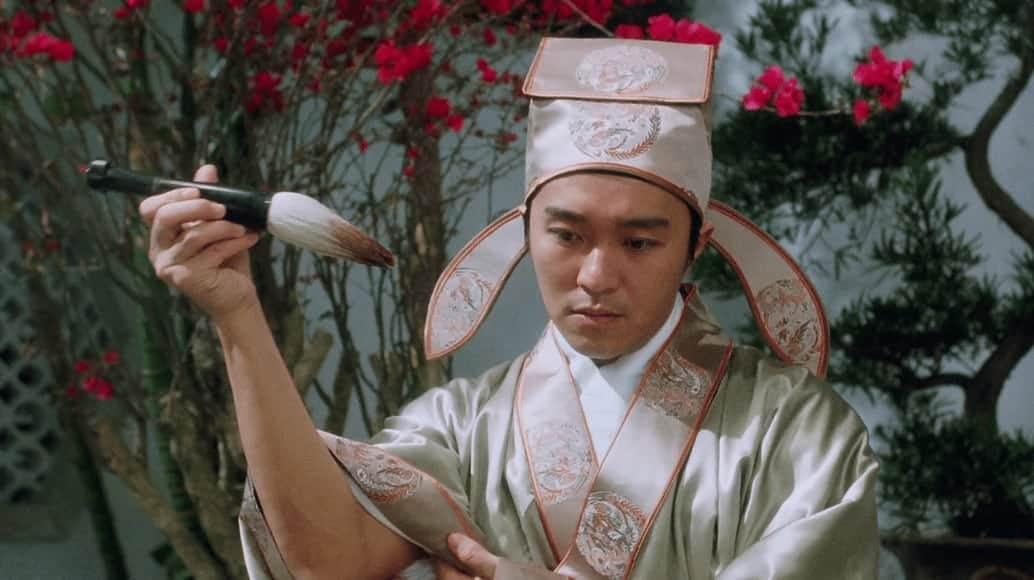Following her excellent “For Vagina's Sake”, Kim Bo-ram continues her exploration of womanhood, although through a rather different perspective, as this time she focuses on the relationship of a mother and a daughter, Park Sang-ok and Chae-young.
Table for Two is screening at Busan International Film Festival

In 2007, the then 15-year old Chae-young was diagnosed with anorexia and was committed to a mental hospital, where she stayed for more than a month. In the meantime, her mother, feeling guilty, started to examine more closely the whether it was her fault that her daughter ended up in such a state. Upon her exit from the hospital, the girl went the complete opposite direction, becoming bulimic. Now, ten years later, mother and daughter seem to be ready to have an honest discussion about their relationship, under the essentially invisible camera of Kim Bo-ram.
As the discussion continues, with Chae-young being the evident “aggressor” and Sang-ok in constant defense, we learn of the spite the latter hid for a mother she felt did not understand and did not have the time to do so. Her complaints extend to a number of behaviors, but what becomes evident is that the main reason she was angry with her was because she felt neglected. At this point, Kim Bo-ram starts focusing on Sang-ok's past as a student activist, and later on as ‘homemother' in a school for young women who were victimized, and even later on, as a teacher. While one could easily consider her CV one of service to the society and her a truly self-sacrificing individual, it also becomes evident that her work essentially led to her daughter feeling left out, even more so since she grew up without a father. As such, Kim Bo-ram poses a rather interesting question regarding the choice between service and motherhood, which in this case, seems to linger towards the first, at least according to Chae-young.
At the same time, though, and despite her stoic acceptance of her daughter's quite pointed remarks, the pain she feels hearing her talk like that is quite evident, in an approach that, quite realistically, does not necessarily offer a catharsis or bridges gaps that were formed over years. Furthermore, and in an effort to analyze her protagonists even more, Kim also focuses on the story of Chae-young's grandmother, whose behavior towards her own daughter seems to be the root of Sang-ok towards hers. That the only “compliment” Chae-young utters comes in this discussion highlights both this concept and all the aforementioned. Lastly, the documentarian also follows the two women after Chae-young moved to Brisbane, with a second round of discussions shedding even more light to their relationships.
Essentially functioning as a sort of a stage play, with the majority of the 89-minute documentary depicting two women talking to each other in different settings, the film could have become dull in the hands of a lesser director. Kim Bo-ra, however, enriches her narrative with a number of elements that allow the movie to flow smoothly. Chae-young's sketches, which are turned into animation on a number of occasions, the writing on the screen presenting her diary entries, the footage of her mother from the past, photographs of the two during the initial crises, and the presentation of Chae-young's present life all move towards the same direction. Furthermore, Cho Won-joo's editing has placed these elements in ideal moments within the narrative, as they both enrich the story and offer relief from the otherwise monotonous setting.
The trust Kim got from her “subjects” and the sincerity with which they share even shocking truths and their innermost thoughts, take care of the rest for the movie.
“Table of Two” is an excellent documentary that manages to turn a rather personal issue into a globally-appealing one, while retaining interest through its cinematic approach, from beginning to end.


